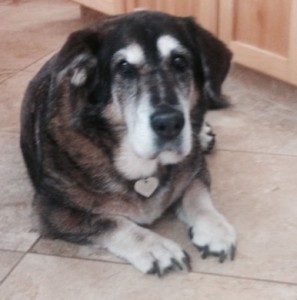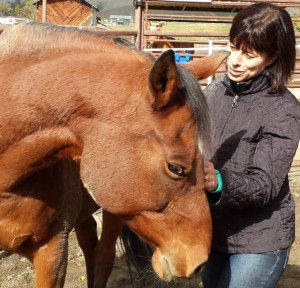Don’t Worry Be Happy:) By Robin Miller, MD MHS
Women want to be happy, but this can be elusive. Focusing on health and wellness is important. In addition, I have observed several things that happy women have in common. Knowing what these are can help to make it obtainable.
Financial security
Most people think that if they had a ton of money they would be happy. Studies have found that the difference in happiness between those who make $5000 a year and $50,000 a year is huge. However there is no major difference in the level of happiness between those who make $50,000 a year and those who make $50 million dollars a year.
I have watched many women struggle over the last several years and those who have been able to use their creativity, ingenuity and imagination to find a way to improve their income have been the happiest and most successful. Having a sense of control over their destiny by finding a way out of their financial difficulties and designing their own jobs in some cases helped them to be happy.
Relationships
Feeling connected is another common feature of happiness. It is interesting that when parents are asked what gives them the greatest joy in their lives they usually say it is their children. However, when you ask them about day-to-day issues, their kids actually cause them a fair amount of grief (especially during adolescence). It is that close relationship, that special bond with our children and significant others that is important with all of the ups and downs. Being able to see that connection (even on tough days) helps to promote happiness.
Community
Having a sense of community is key. Women who have a group of friends and/or are involved with their community are generally happier than those who do not. Getting involved is easy even if you are not an extrovert. Volunteer at a food bank; join a house of worship or consider working for a political campaign group.
Give Back
When people give to others they are able to improve their health and wellbeing. They live longer too. When they are busy helping others they tend to forget their aches and pains AND it makes them happy. If you have not done it, try it in just small ways. Smile at a stranger, see where help is needed in your community, or donate money to your favorite charity. It is amazing what can happen.
Abolish Resentment and Anger
I heard a great quote from St. Augustine, “ Harboring anger and resentment is like taking poison and expecting the other person to die.” Anger can be productive in that it causes discomfort and helps us to change our circumstances. However when we hold on to it and it builds into resentment it only hurts us further. Happy people find a way to resolve situations when they find themselves getting upset and angry. If you find yourself holding on to anger it is time to get help. Exercise, learn to meditate, or consider seeing a therapist.
The Bottom Line
Happiness is something that we all want. We can have it by harnessing our creativity, nurturing relationships, and finding ways to give back to our community. To quote Aristotle, “ Happiness depends upon ourselves.”
comments off Robin Miller | Uncategorized |










